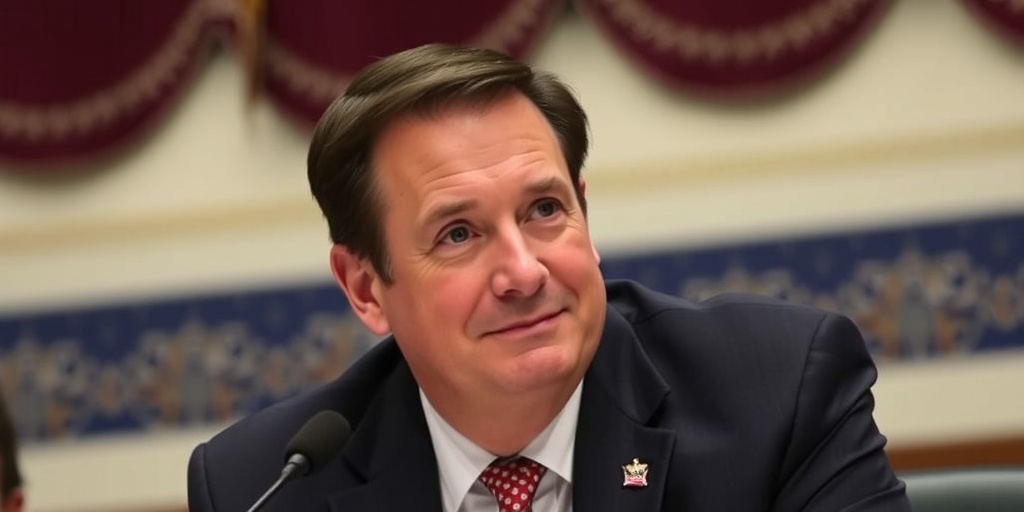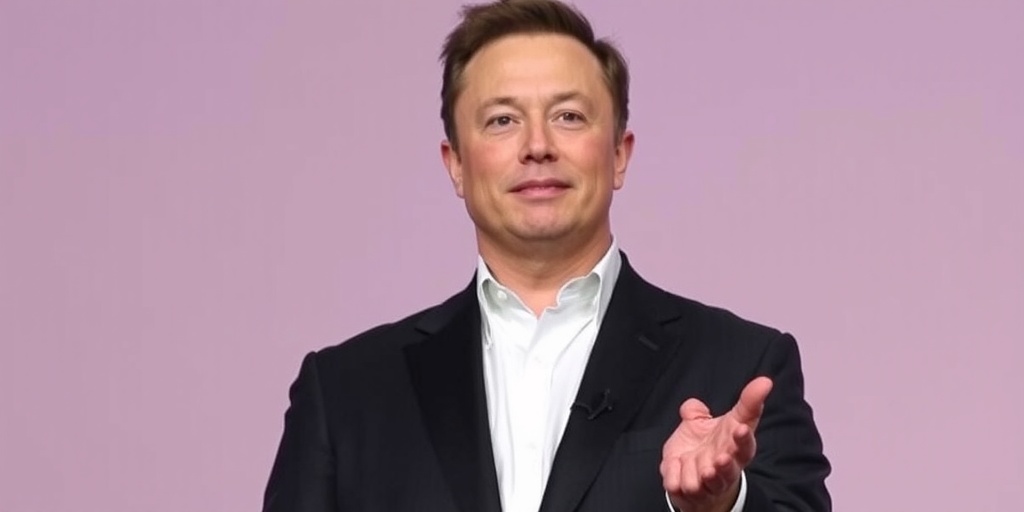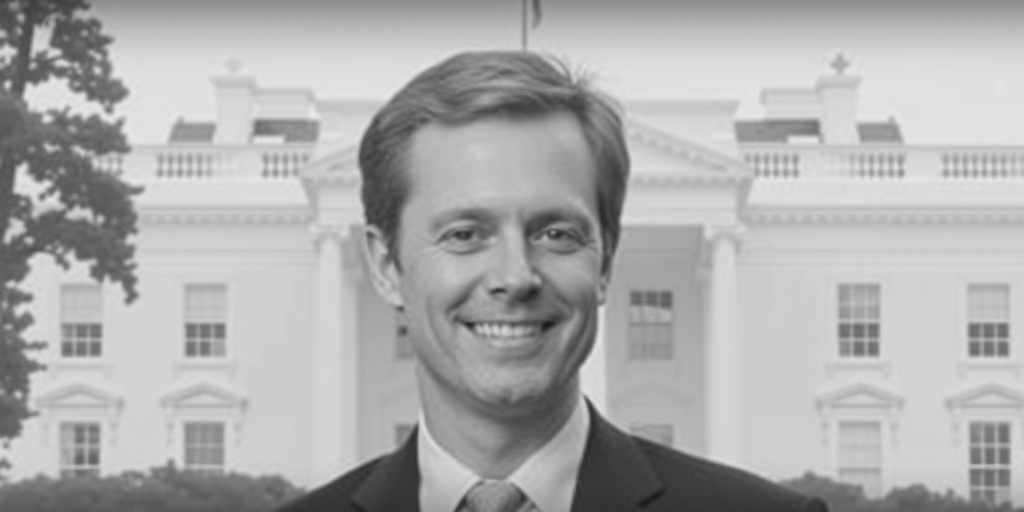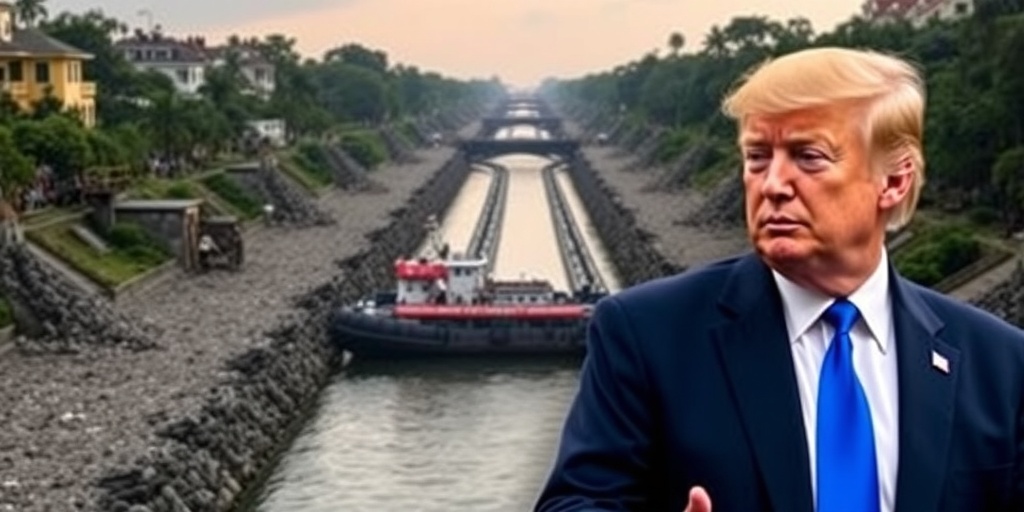Now Reading: Rubio Takes Center Stage on Second Day of Cabinet Hearings
-
01
Rubio Takes Center Stage on Second Day of Cabinet Hearings
Rubio Takes Center Stage on Second Day of Cabinet Hearings

Title: Senator Marco Rubio Faces Senate Confirmation As Secretary of State Amidst Mixed Reactions from Trump’s Base
As President-elect Donald J. Trump has nominated Senator Marco Rubio of Florida as his new Secretary of State, all eyes are on the Senate Committee on Foreign Relations today as they prepare for scrutiny and discussion surrounding his appointment. While Rubio is anticipated to gain confirmation with relative ease due to his mainstream foreign policy views and established relationships with Senate Democrats, a more complex challenge lies ahead: convincing lawmakers that he can genuinely represent a president with whom he shares a historically contentious dynamic.
At 53 years old, Rubio, now in his third term as a senator, possesses a wealth of experience relevant to the role he seeks. He serves as vice chairman of the Senate Intelligence Committee, providing him with an adequate footing in issues of national security and foreign relations. Many in the Biden administration hold a favorable view of Rubio’s potential leadership, especially as Trump takes on pressing global issues, including the crisis in the Middle East, the ongoing war in Ukraine, and escalating threats posed by China.
The relationship between Trump and Rubio, however, raises questions that could complicate his confirmation. The two previously battled for the Republican presidential nomination in 2016, a contest that started with policy disagreements but rapidly devolved into personal attacks. Rubio famously criticized Trump, labeling him an unfit "con artist," while Trump ridiculed Rubio as "Little Marco," making fun of his stature and even his hands. This tumultuous history could undermine Rubio’s ability to project a unified front on the international stage.
Despite potential friction, some key figures within the Trump camp propose that Rubio has altered his stance enough to secure a position of trust. Once branded as a member of the political establishment, Rubio has since worked to align himself more closely with Trump. He was reportedly considered as a potential running mate for Trump during the previous election cycle. Still, significant apprehension remains among some of Trump’s staunch supporters, particularly regarding Rubio’s 2020 vote to certify the election results amidst false claims of widespread voter fraud. They view this action as a betrayal, fueling a level of distrust.
Rubio’s foreign policy positions frequently deviate from Trump’s more isolationist tendencies, heightening skepticism about whether he could effectively embody the president’s views. A longstanding hawk on national security issues, Rubio has consistently advocated for a robust U.S. presence in global conflicts, often opposing Trump’s policies. He criticized the Trump administration’s withdrawal from Afghanistan and opposed efforts to pull troops out of northern Syria—a stance that stands in stark contrast to Trump’s approach. Furthermore, Rubio has condemned figures like Saudi Crown Prince Mohammed bin Salman, describing him as a "gangster" in relation to the murder of dissident journalist Jamal Khashoggi, while Trump was perceived to have downplayed the incident.
Questions linger about Rubio’s diplomatic integrity—can he convincingly argue that he speaks on behalf of President Trump during international negotiations? History provides a cautionary tale; Rex Tillerson, Trump’s first Secretary of State, faced severe challenges in his role and was ultimately dismissed in less than 14 months due to perceived ineffectiveness arising from a lack of trust.
In his confirmation hearing, Democrats are likely to press Rubio on contentious aspects of Trump’s foreign policy, particularly his views on NATO and relations with Russia. Rubio has previously demonstrated opposition to Trump’s critical position on NATO, championing a recent measure that fortifies support for the alliance. Moreover, Rubio, an established critic of Russian President Vladimir Putin, has vocally condemned Russian aggression, which could clash with Trump’s more accommodating stance.
Despite these concerns, Rubio has adjusted some of his views post-Ukraine invasion, embracing stronger U.S. support for Kyiv. Yet, his recent suggestion that talks for peace should begin raises eyebrows, given Trump’s desire for a less confrontational dialogue with Putin.
Uncertainty remains about the extent of Rubio’s influence in any negotiations involving the Ukraine crisis, particularly with Trump’s appointment of a special envoy to manage those discussions. Nevertheless, on other foreign policy matters, Rubio and Trump appear largely aligned, especially regarding strong opposition to the governments of Cuba and Venezuela and a mutual commitment to confronting China, which Rubio labeled as "the most powerful adversary" to the U.S. in a recent report.
As Rubio prepares to face questions from his Senate colleagues, the outcome of his nomination will depend on his ability to mitigate concerns within Trump’s base while showcasing his capability to lead U.S. diplomacy in an increasingly complex global landscape. The stakes are high as the nation observes the unfolding confirmation process, reflecting broader tensions within the Republican Party and the intricate dynamics of U.S. foreign policy.
Stay Informed With the Latest & Most Important News
Previous Post
Next Post
-
 01New technology breakthrough has everyone talking right now
01New technology breakthrough has everyone talking right now -
 02Unbelievable life hack everyone needs to try today
02Unbelievable life hack everyone needs to try today -
 03Fascinating discovery found buried deep beneath the ocean
03Fascinating discovery found buried deep beneath the ocean -
 04Man invents genius device that solves everyday problems
04Man invents genius device that solves everyday problems -
 05Shocking discovery that changes what we know forever
05Shocking discovery that changes what we know forever -
 06Internet goes wild over celebrity’s unexpected fashion choice
06Internet goes wild over celebrity’s unexpected fashion choice -
 07Rare animal sighting stuns scientists and wildlife lovers
07Rare animal sighting stuns scientists and wildlife lovers





















